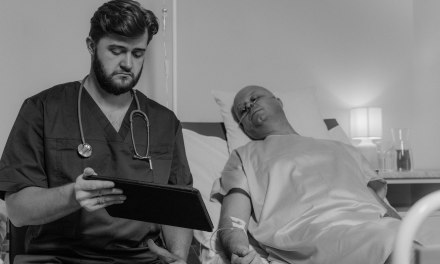Here’s some interesting information on a new illness, thought by doctors to be related to longterm marijuana use.
The name: “Cannabinoid Hyperemesis Syndrome“, or CHS. The principal symptoms are vomiting and abdominal pain. It first made an appearance seven or eight years ago, but is now fairly common among emergency room patients in states that have legalized marijuana. A recent news report from Denver:
Mysterious illness tied to marijuana use on the rise in states with legal weed
The ER physician interviewed in the video was a coauthor of the paper on the change pre-and post- legalization:
Cyclic Vomiting Presentations Following Marijuana Liberalization in Colorado
A review of several cases seen in Emergency Rooms, dating back to 2011:
Cannabinoid hyperemesis: a case series
And last but not least, a 2013 article on a case that led to renal failure:
Cannabinoid hyperemesis acute renal failure: a common sequela of cannabinoid hyperemesis syndrome
Because the vomiting and pain of acute CHS can be relieved by taking a hot shower, users report falling into a pattern of compulsive showering. When the symptoms hit, the user jumps in the shower, and when they subside, he/she returns to smoking weed. Over time, this ‘cycling’ can result in severe dehydration, and eventually, in renal failure.
Which is how many users wind up in the ER. The syndrome is new enough that many doctors fail to recognize it, resulting in a misdiagnosis and incorrect treatment. And worse.
The dynamics of CHS are not yet well understood. Some experts have suggested that it will turn out to be dose-related, affecting mostly heavy users. Unfortunately, where weed has been legalized, the number of persons who use on a daily basis has climbed rapidly. And marijuana is often much higher in THC content, suggesting a greater risk for consequences.
Society usually doesn’t feel the impact of such changes right away. Problems show up first in hospital emergency rooms and in jails. Those are the closest thing we have to an early warning system. Hopefully by the time the real rush begins, institutional staff will be ready to recognize and treat CHS appropriately.













